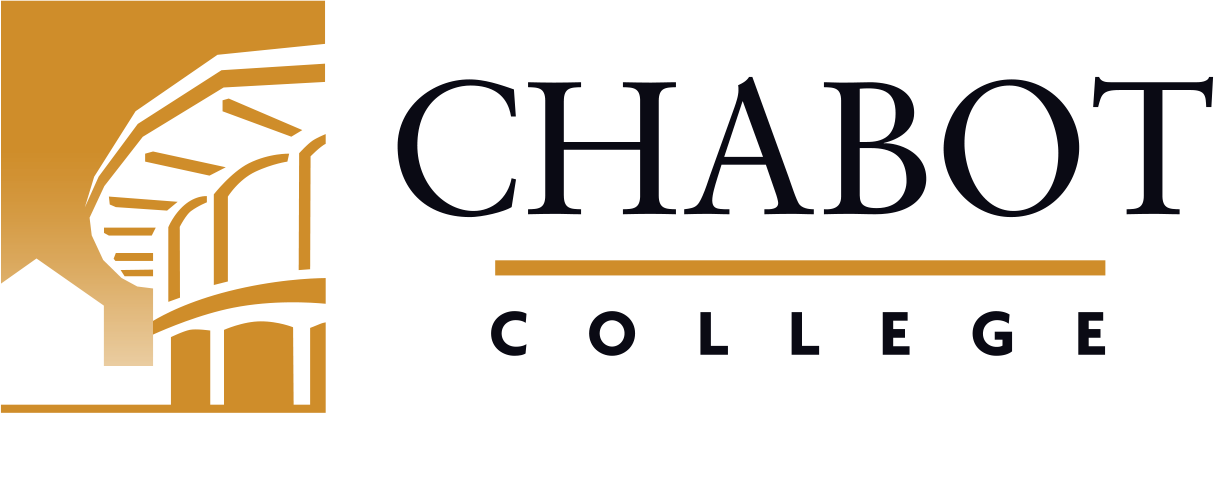
Course Outline for Physical Education Activity FIT1
Fitness for Everyone
Effective: Spring 2018
SLO Rev: 12/08/2016
SLO Rev: 12/08/2016
Catalog Description:
PEAC FIT1 - Fitness for Everyone
0.50 - 2.00 Units
Designed to provide the students whose schedules do not allow enrollment in the traditional class settings. Students may participate in these areas following a required orientation in each desired area of participation: Fitness, Weight Training and Aquatics.
Corequisite: KINE OPE.
0835.10 - Physical Fitness and Body Movement
Pass/No Pass
| Type | Units | Inside of Class Hours | Outside of Class Hours | Total Student Learning Hours |
|---|---|---|---|---|
| Laboratory | 0.50 - 2.00 | 36.00 - 108.00 | 0.00 | 36.00 - 108.00 |
| Total | 0.50 - 2.00 | 36.00 - 108.00 | 0.00 - 0.00 | 36.00 - 108.00 |
Measurable Objectives:
Upon completion of this course, the student should be able to:
- demonstrate a high level of cardiovascular fitness;
- demonstrate a high level of muscular strength and endurance;
- demonstrate an understanding of the importance of a proper warm up and cool down when exercising;
- develop the ability to recover rapidly from physical exertion;
- demonstrate an understanding of the importance of stretching after exercise;
- discuss the origins and dangers of hypertension and pre-diabetes;
- recognize the symptoms of hypertension and pre-diabetes in themselves or a family member;
Course Content:
- Improve the cardiovascular system and lower resting heart rate;
- Improve the ratio of lean to fat tissue within their body composition;
- Promote flexibility and strength;
- Enhance life long fitness and wellness;
- Develop the student’s general appreciation of exercise and movement.
- Principles of resistance exercise.
- Dangers of hypertension and pre-diabetes.
- Tracking your blood pressure.
- Identify problem foods as they relate to diabetes and hypertension.
- Waist to hip ratio and its relationship to diabetes and hypertension.
- Identifying metabolic syndrome.
Methods of Instruction:
- Demonstration/Exercise
- Exercises and routines will be demonstrated and supplemented by lecture.
- Group and individual instruction will be employed.
- Instructors will assist, critic and encourage.
Assignments and Methods of Evaluating Student Progress:
- Keep a three week food journal. Identify those foods that improve blood pressure and blood sugar.
- Read the chapter on blood pressure and blood sugar. Be prepared to discuss how these to measurements relate to pre-diabetes and hypertension.
- Be able to demonstrate an understanding of heart rate based training
- Be able to demonstrate a proper warm-up
- Class Participation
- Attendance
- Quizzes
- Final Class Performance
Upon the completion of this course, the student should be able to:
- Demonstrate and explain the physiological reasons for performing a proper warm up.
- Work within a group, or team, to solve problems
Textbooks (Typical):
- Winnick, Joesph (2011). The Brockport Physical Fitness Test Manual Human Kinetics.
- Appropriate physical education attire.
Abbreviated Class Schedule Description:
Designed to provide the students whose schedules do not allow enrollment in the traditional class settings. Students may participate in these areas following a required orientation in each desired area of participation: Fitness, Weight Training and Aquatics.
Corequisite: KINE OPE.